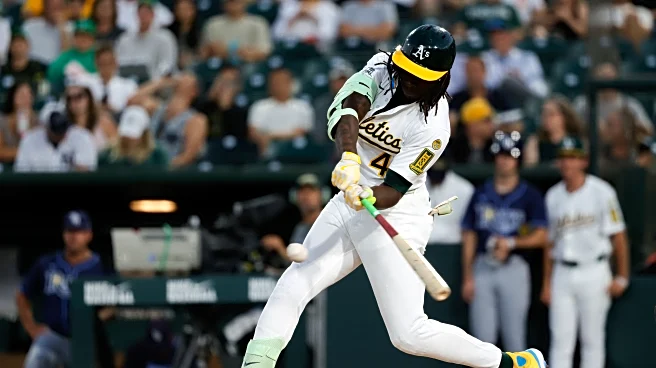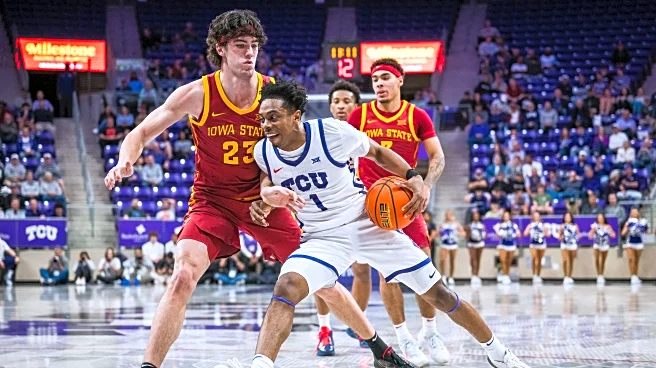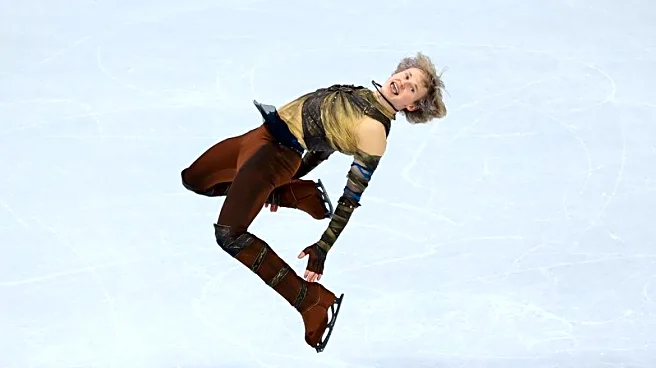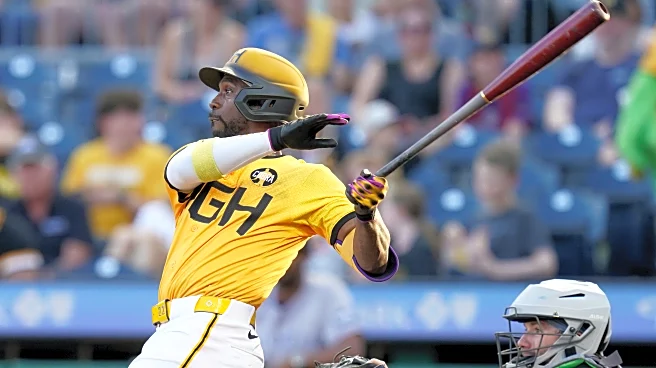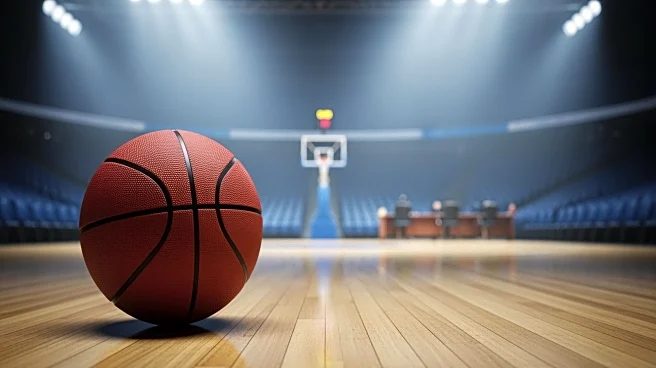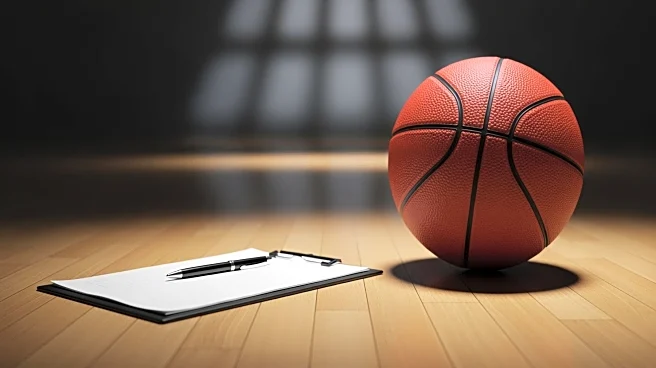Welcome to today’s “potpourri,” an article worth spraying generously in every bathroom. The 2026 schedule was released, shortly after it was placed on waivers and no one showed any interest.
March/April
2026
If there’s one thing 2024 and 2025 taught us it’s how you can bury yourself in the standings early if you aren’t careful. The 2024 team wasn’t going anywhere anyway, but the 2025 club could have contended for a wild card spot had it not been for the 1-20 stretch that effectively ended any thought of the post-season.
Before and after that 1-20 nightmare? The A’s are 61-52 and were they 9 games over .500 right now they would sit all of 1.5 games behind the Yankees for the 3rd wild card spot. But that swoon happened and the A’s first goal in 2026 has to be to get through the season’s first 1/3 without digging themselves a deep hole.
The schedule makers have other ideas. The A’s will need to come out of the gate playing good ball or they could find themselves in a hole before Jackie Robinson Day. They open with 12 of their first 15 games on the road and their first 5 opponents are the Blue Jays, the Braves, the Astros, the Yankees, and the Mets. Of those 5 only Atlanta is not a contender this season while 2 are division leaders and the other 2 hold wild card spots.
That being said, if you’re going to compete for the division, or even a wild card, you have to be able to beat the best so hopefully the A’s break camp with a “bring it on” mentality. It’s also true that the first 2-3 weeks don’t necessarily determine your season: the 2001 A’s started out 6-13 and finished 102-60.
Nonetheless it’s a challenging first 15 games that will provide an early test of whether the 2026 A’s more closely resemble 2025’s May squad or this year’s club that is now 16-9 over its last 25 games.
Butler’s Blasphemous Boneheadery
Talk about a bad look. Lawrence Butler, he of the big off-season contract extension, hit a lazy pop fly on the infield with a runner at 1B, and went into deep pout mode. He stood at the plate ruing the result, then started walking towards the dugout. All the while 3Bman Colt Keith, who had struggled with a pop up and dropped it the inning before, converged with pitcher Troy Melton and as Butler made it halfway to the on deck circle, the ball dropped.
So SS Zack McKinstry picked the ball up and fired it 2B, Gleyber Torres relayed it to 1B, and Butler, running it out on 7 second delay, was doubled up. The walk back to the dugout probably never seemed longer.
There isn’t much to say about the play itself. Whether you ask Butler himself, his manager, any coach or any fan, they will say the same thing: That just can’t happen. But it happened and what I want to say about it is not about the play but rather about the player.
I think it’s wrong to conclude, even from the many other examples of “not hustling” one can point to, that Butler is lazy, doesn’t care, thinks he’s above it all, or any other indictment you might wish to cast on his character or attitude.
What I see, in Butler, is a player who is not just “a man of many moods,” i.e., prone to extreme highs and lows that he shows on his sleeve, but more importantly someone who is not in control of those moods. It’s fine to scowl and mutter to yourself after a bad swing or a bad call. What’s not fine is when it impacts your focus or actions on the next pitch.
“Being moody/reactive” is not inherently a terrible thing. JJ Bleday comes across as extremely even keel but he also comes across as having a lot less skill at baseball than Butler and there’s a reason the A’s offered a contract extension to Butler and not Bleday. In fact on a good day those moods become “passion” and “infectious enthusiasm” and “confidence/swag” that make the player, and his teammates, only better.
The problem arises when those fleeting moods actually impact play on the field in real time, and with Butler that happens often. This isn’t to sound “new age” or “How Berkeley can you be?” but to me what is holding Butler back has nothing to do with physical tools or even with attitude/character.
It has to do with the psychological skill of managing emotions/moods so as to bring your “best self” to each play, each at bat and pitch, while still being who you are. No easy feat as many of you know from experiences with yourself or friends/family. It’s a life skill, not just a baseball skill, but this being a “baseball” site and not a “life” one the point is that it is, in fact, affecting his work.
Back in the day the A’s had a team psychologist, Harvey Dorfman, which was ground-breaking at the time. Nowadays many teams utilize professionals to help players with everything from “the mental side of the game” to the anxiety and depression that is far more pervasive than was known back when such afflictions were more hidden and stigmatized.
Whether assistance comes from a licensed professional, a veteran player, or a trusted coach, doesn’t really matter. What matters is that Butler recognize that he needs to work on this issue more than on his swing or his throwing — and for fans to recognize that even when he makes an unacceptable and indefensible bone-headed move, he wants to succeed, and for the team to succeed, even more than we do. But lacks some tools that are holding him back, and they’re not physical.
That’s my 2 cents, for which you grossly overpaid.
